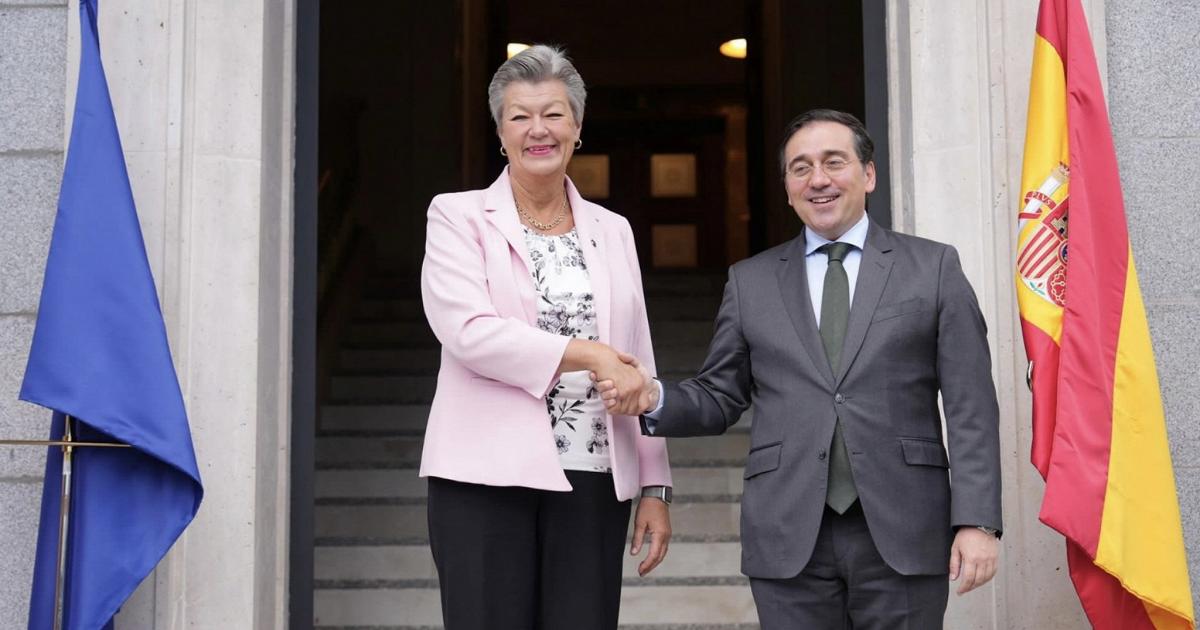The European Commissioner for Home Affairs Ylva Johansson in these days in Madrid because the Spanish semester begins in June spoke with her interlocutors about the main challenge that Spain will have to face in the coming months: to carry forward the Pact on Migration and Asylum to ensure solidarity among all Member States in the face of migratory pressure.
And in an interview with El Pais, on the future of the Pact, he said: "I think we will reach an agreement, so I don't think there will be major divisions. I think we will find a compromise that will be acceptable to a large majority of states. It is important to understand that different states are under different types of pressure. A country of arrival is under some kind of pressure; a country with a large number of asylum seekers per capita suffers another; one country, like France, where migrants try to go to the UK, yet another; and the same is true for a country with a large number of Ukrainian refugees. There are different types of pressures and the new situation in the European Council is that the Member States understand the different pressures on each other. This is the way to reach a compromise acceptable to the majority."
And on Italy and the state of emergency for migratory reasons it was very clear "It is a national decision, so it is their competence. But it is clear that Italy is under enormous pressure. They are carrying out many rescue operations at sea. That is why we must show that this is not just an Italian issue, but a European issue. That is why I went to Tunisia, for example, to sign this agreement. I understand that one of the purposes of this state of emergency is to be able to increase capacity and access to national funds for migration more quickly. This makes sense and I am pleased that the state of emergency does not entail the repeal of any migration and asylum legislation."

